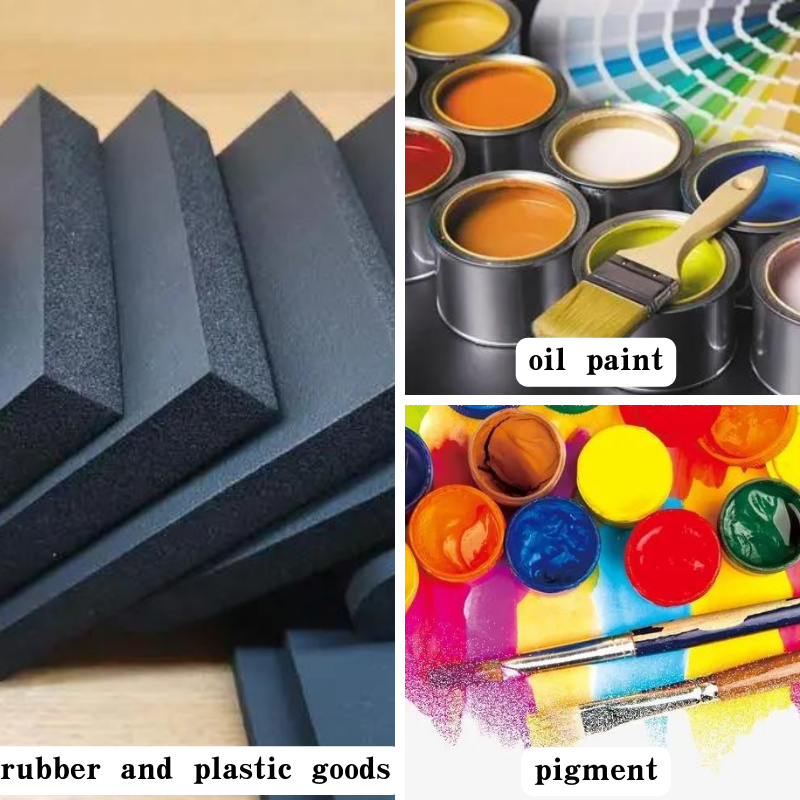
Pumice Stone Suppliers for Soil Amendments and Sustainable Agriculture Solutions
The Role of Pumice Stone in Soil Manufacturing
Pumice stone, a naturally occurring volcanic rock, has garnered significant attention in the realm of soil manufacturing due to its unique properties and characteristics. As the demand for effective soil amendments and substrates rises, manufacturers are increasingly incorporating pumice stone into their products. This article explores the benefits of pumice stone, its applications in soil manufacturing, and its potential impact on agricultural practices.
What is Pumice Stone?
Pumice is an igneous rock that forms when volcanic lava cools quickly, trapping gas bubbles and resulting in a light, porous material. This characteristic structure gives pumice its remarkable properties, such as high porosity, low density, and excellent water retention capabilities. These attributes make pumice an ideal ingredient in various soil mixes, particularly for gardeners, landscapers, and agriculturalists.
Benefits of Pumice Stone in Soil Manufacturing
1. Improved Aeration and Drainage One of the most significant advantages of incorporating pumice stone into soil mixes is its ability to enhance aeration and drainage. The porous structure allows for better airflow around plant roots, which is essential for healthy growth. Additionally, pumice helps prevent soil compaction, allowing excess water to drain away effectively, thus reducing the risk of root rot.
2. Water Retention Despite its excellent drainage properties, pumice stone also has the ability to retain moisture. The tiny pores within the pumice can hold water, making it available to plants over time. This characteristic is particularly valuable in arid regions where water conservation is crucial.
pumice stone for soil manufacturers

3. Nutrient Retention Pumice stone can also improve soil nutrient retention. Its surface holds onto nutrients and organic matter, preventing them from leaching away. This ability to stabilize nutrient availability is vital for sustainable agriculture, where consistent access to essential minerals is needed for plant growth.
4. pH Neutral Pumice is generally pH neutral, making it an excellent addition to a variety of soil types without altering their acidity or alkalinity. This neutrality allows for flexibility in its application across different crops and growing conditions.
5. Lightweight and Easy to Handle Being lightweight, pumice stone is easy to transport and handle for manufacturers and end-users alike. This practicality makes it an attractive choice for soil mixtures, especially for large-scale agricultural operations.
Applications in Soil Manufacturing
Pumice stone can be used in various soil products, including potting mixes, raised garden beds, and landscaping materials. Manufacturers often blend pumice with organic matter, compost, and other aggregates to create tailored soil mixtures suitable for specific plant species and growing conditions. In hydroponics and aquaponics systems, pumice serves as a substrate that supports plant growth while allowing efficient water circulation.
Conclusion
As the demands of sustainable agriculture and gardening continue to evolve, pumice stone emerges as a versatile and beneficial component in soil manufacturing. Its unique properties—such as improved aeration, water retention, nutrient stability, and lightweight nature—make it a valuable asset for both manufacturers and end-users. With a growing emphasis on environmental sustainability and resource efficiency, the future of pumice stone in soil manufacturing looks promising, providing innovative solutions to enhance plant health and productivity. By leveraging the natural advantages of pumice, we can foster healthier ecosystems and contribute to responsible agricultural practices.
Share
-
Premium Pigment Supplier Custom Solutions & Bulk OrdersNewsMay.30,2025
-
Top China Slag Fly Ash Manufacturer OEM Factory SolutionsNewsMay.30,2025
-
Natural Lava Rock & Pumice for Landscaping Durable Volcanic SolutionsNewsMay.30,2025
-
Custom Micro Silica Fume Powder Manufacturers High-Purity SolutionsNewsMay.29,2025
-
Custom Mica Powder Pigment Manufacturers Vibrant Colors & Bulk OrdersNewsMay.29,2025
-
Custom Micro Silica Fume Powder Manufacturers Premium QualityNewsMay.29,2025






